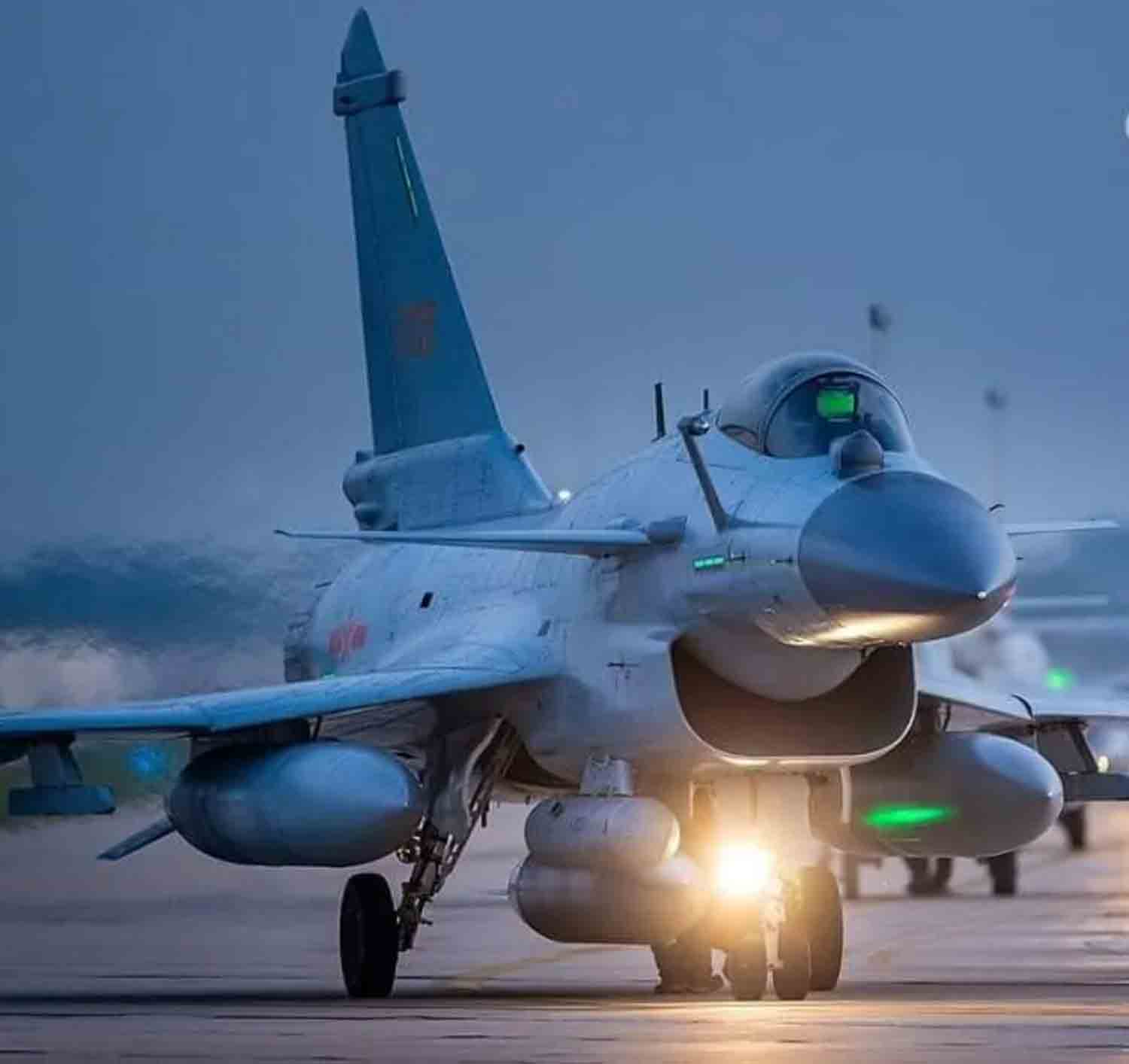The situation in Ukraine seemed to reach a new low until President Donald Trump intervened.
After excluding President Volodymyr Zelensky from the initial US discussions with Russia aimed at resolving the conflict, Trump on Tuesday inaccurately claimed that Ukraine instigated the war that has devastated its territory and resulted in countless casualties.
In his most aggressive remarks directed at the Ukrainian leader to date, Trump echoed one of President Vladimir Putin’s narratives, suggesting it was time for elections in Ukraine, seemingly initiating a campaign to marginalize Zelensky.
These comments from the US president are likely to heighten concerns in Europe, which was also left out of the US-Russia negotiations in Saudi Arabia, about Trump potentially seeking to broker a peace agreement in Ukraine that would benefit his ally in the Kremlin.
Furthermore, Trump’s statements appeared to contradict the assurances given by his own Secretary of State Marco Rubio, who indicated after meeting with the Russian delegation that any future peace settlement would be equitable for all involved.
Trump’s criticism of Zelensky, who was celebrated in the United States for his resistance against Russia’s rapid advance on Kyiv at the war’s outset, starkly illustrates how the new American administration has shifted its position from supporting the victim of aggression to favoring the aggressor.
During a press conference at his Mar-a-Lago resort, Trump remarked, “We find ourselves in a situation in Ukraine where elections have not occurred due to martial law.” He further asserted that Zelensky’s approval rating was “at 4%” and described the country as “having been devastated.”
Conducting reliable polling in a war-torn area has proven challenging, with many Ukrainians either displaced internally or having fled the nation. Although recent polls indicate a significant decline in Zelensky’s popularity from the near-universal support he received at the onset of the conflict, the figures are not as low as those mentioned by Trump.
Trump also emphasized the necessity of holding elections in Ukraine for the country’s voice to be acknowledged, stating, “If they want a seat at the table, shouldn’t the people of Ukraine have a say, especially since it has been a long time since we’ve had an election?”
In response to concerns that his comments echo Russian propaganda, Trump clarified, “This is not a Russia issue; it originates from my perspective.”
Ukraine’s last scheduled election was set for April, but Zelensky indicated that conducting elections during wartime was unfeasible, a stance supported by the nation’s Constitution. Trump’s call for democratic participation is particularly ironic given his refusal to accept the outcome of the 2020 presidential election. This irony is further compounded by the fact that Putin has maintained his grip on power for over twenty years through fraudulent elections and stringent domestic control.
Trump attempts to obscure the origins of the Ukraine conflict
Trump’s recent efforts to shape American perceptions regarding Ukraine mirror his past strategies of distorting the truth to further his political ambitions. A notable instance of this was during the 2020 election.
At Mar-a-Lago, he sought to reshape the narrative surrounding Russia’s invasion from three years ago, when Putin’s military crossed into a sovereign democracy, altering the geopolitical landscape of Europe.
“Today I heard, ‘Oh well, we weren’t invited,’” the former president remarked, alluding to Ukraine’s grievances about its exclusion from the emerging peace discussions. “Well, you’ve been there for three years. You should’ve ended it after three years. You should’ve never started it. You could’ve made a deal,” he stated.
Essentially, Trump appears to imply that Ukraine should have negotiated with Russia to prevent the invasion, which would have meant either establishing a pro-Moscow regime in Kyiv or capitulating to grant Putin a victory.
His remarks regarding the Saudi negotiations, which he indicated could lead to a face-to-face meeting with Putin by the month’s end, risk reinforcing what is already perceived as a triumph for Russia. Additionally, his statements are likely to deepen European skepticism towards his ambitious peace proposals, as his administration insists that European nations must take the lead in enforcing any future agreements to halt the conflict.
Trump appeared uncertain regarding the specifics of a potential peace agreement in Ukraine, highlighting the perception that his primary objective is to secure any form of deal that would enable him to declare a personal political triumph. Critics, however, express concerns that such an agreement could lead to renewed conflict.
On Tuesday, he indicated a willingness to consider the deployment of European troops to enforce any future agreement, despite Moscow’s representatives dismissing this notion during the talks in Saudi Arabia. He refrained from addressing British Prime Minister Keir Starmer’s caution that such a force would require a US “backstop.” This statement followed US Defense Secretary Pete Hegseth’s assertion last week that American troops would not participate in peacekeeping efforts in Ukraine. Starmer is scheduled to visit Washington next week to meet with the president, positioning himself as a liaison between the US and Europe.
However, Trump’s favorable view of Putin is not echoed by at least two prominent Republican senators.
Senate Armed Services Chairman Roger Wicker expressed on Tuesday that he does not trust the Russian leader. The Mississippi senator told CNN’s Manu Raju that “Putin is a war criminal and should be imprisoned for life, if not executed.”
Senator John Kennedy concurred with Wicker’s harsh evaluation of Putin but refrained from criticizing Trump’s stance on the peace negotiations. “Vladimir Putin has a black heart. He clearly has Stalin’s taste for blood,” the Louisiana senator remarked. Nevertheless, he emphasized the party’s respect for Trump by dismissing assertions that the president had made significant concessions to Russia merely by re-engaging it diplomatically.
“I haven’t seen us take any steps to relieve the pressure on Putin,” he stated.
Discover more from Defence Talks | Defense News Hub, Military Updates, Security Insights
Subscribe to get the latest posts sent to your email.





